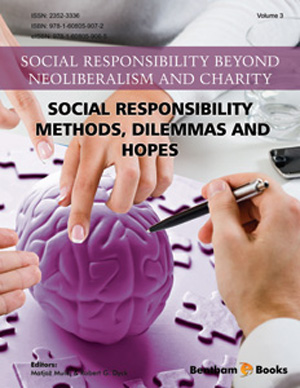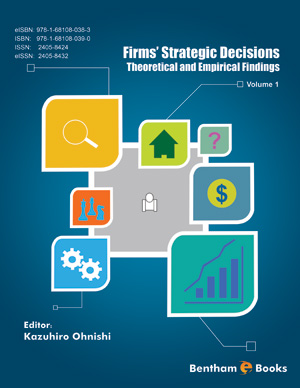Abstract
This chapter will present a new fractal "metric" for social responsibility, designed to teach planners, administrators, and political decision-makers, within a reasonably short time frame, how to design and implement socially responsible plans and policies. Fractal design provides a common denominator for socially responsible work in economics, politics, international relations, environmental sustainability, etc., by helping to solve scale problems that typically are not well solved in current practice.
All of the above functional systems are characterized by inter-scale linkage problems, i.e. poor linkages between the large, intermediary, and small components. Fractal design provides a metric that requires many more small and intermediary components than large ones, with richer nodal connections for the large ones. In addition, the fractal principle of self-similarity provides the basis for energy, information, and money transfer between the different scales, thus promoting system sustainability. Fractal design also provides the basis for democratic institutional arrangements and decisionmaking not rigidly controlled by oligarchies and empires.
Fractal design, exemplified by branching structures in nature, provides a sustainable balance between system resilience and system efficiency that can be measured (see the eco-systems work of Robert E. Ulanowicz). The same measurement principles can be applied to social systems. Fractal design thus becomes a mathematical systems’ subspecialty that links social and natural systems. In turn, fractal design provides an important component of what is needed to achieve the fifth phase of development, as articulated by Matjaž Mulej, based on mutually beneficial social development.
Keywords: Democracy, democratic institutional arrangements, eco-systems, empire, fractal design, social responsibility, institutional arrangements, inter-scale linkage, ISO 26000, mathematical system, measurement, mutually beneficial social development, natural system, oligarchy, social development social system, system efficiency, system resilience, system sustainability, the fifth phase of development.









.jpg)


